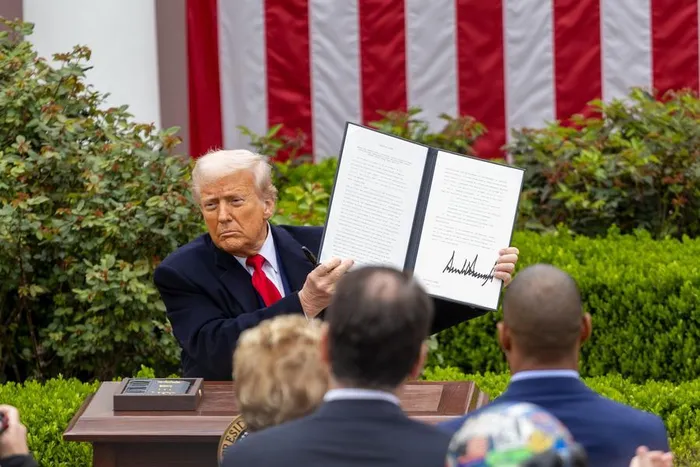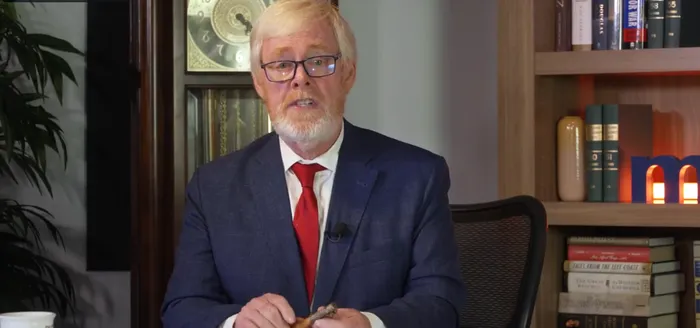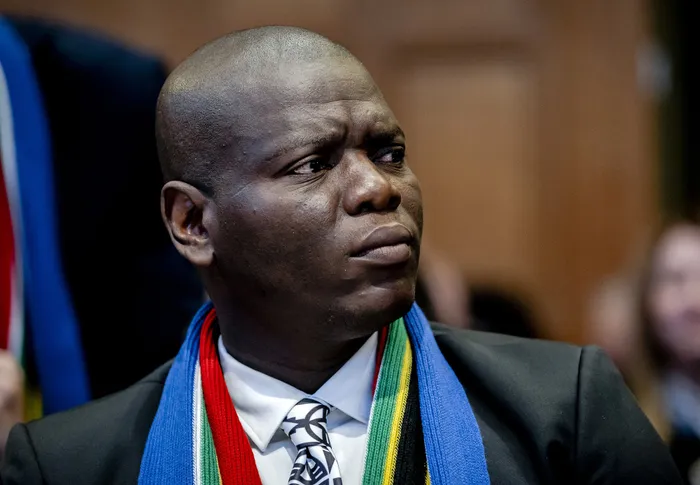Afrikaners to the front: Trump prioritises South African refugees, closing doors for other nationalities

Some South African Afrikaners have taken up President Donald Trump's refugee status offer this year, and relocated to the United States on chartered planes.
Image: Saul Loeb / AFP
The United States has upended decades of refugee and humanitarian policy. In a formal Presidential Determination dated 30 September 2025, published in the Federal Register, President Donald Trump set a ceiling of 7,500 refugees for the 2026 fiscal year — the lowest limit in US history — and directed that most of those places be reserved for Afrikaners from South Africa.
The document, titled Presidential Determination on Refugee Admissions for Fiscal Year 2026 (Document No. 2025-19752), reads in part: “The admission of up to 7,500 refugees to the United States during Fiscal Year 2026 is justified by humanitarian concerns or is otherwise in the national interest.”
It further specifies: “The admissions numbers shall primarily be allocated among Afrikaners from South Africa and other victims of illegal or unjust discrimination in their respective homelands.”
And continues: “The Secretary of State shall, in consultation with the Secretary of Health and Human Services, make appropriate provisions for the admission and resettlement of such refugees, consistent with applicable law and the interests of the United States.”
This language — unusually explicit in US refugee policy — marks a sharp break from the global, region-based admissions that guided American refugee programs for decades.

US President Donald Trump
Image: Xinhua
Bozell’s Confirmation and the U.S. Agenda
The new refugee policy aligns closely with statements made by Trump’s nominee for ambassador to South Africa, Brent Bozell III, during his U.S. Senate confirmation hearing earlier this month.
As reported by IOL on 24 October 2025, Bozell told senators he would “advance the president’s invitation to Afrikaners who wish to flee unjust racial discrimination”.
He also said he intended to “press the South African government to respect property rights and abandon its policy of land expropriation without compensation,” warning that the policy “discourages investment and undermines confidence in South Africa’s democracy.”
Bozell said his priority, if confirmed, would be to “ensure that South Africa’s Afrikaner community — and indeed all South Africans — are treated fairly and without prejudice.”
He told the committee that the administration’s policy “isn’t about race but about fairness,” adding that “when people are treated unjustly because of who they are, America has always stood ready to offer refuge.”
These remarks underscore that the U.S. government views the new refugee programme not only as a humanitarian measure but also as a symbolic foreign-policy statement aimed at reshaping relations with Pretoria.

US ambassador-designate to South Africa Brent Bozell III
Image: Screenshot
Pretoria Pushes Back
South Africa’s Department of International Relations and Cooperation (DIRCO) has repeatedly rejected claims that Afrikaners face persecution.
On 12 May 2025, DIRCO spokesperson Chrispin Phiri told IOL: “We refute that these individuals are persecuted on the grounds of race or language.” He added: “The idea that a particular race is being targeted on crime is also not founded on any evidence.”
In a follow-up media statement published on 13 May 2025, DIRCO reiterated its position: “We reiterate that allegations of discrimination are unfounded. The South African Police Service statistics on farm-related crimes do not support allegations of violent crime targeted at farmers generally or any particular race. … Even if there are allegations of discrimination, it is our view that these do not meet the threshold of persecution required under domestic and international refugee law.”
DIRCO maintains that South Africa’s constitutional democracy “protects all citizens equally” and that the U.S. refugee designation is “politically motivated.”

International Relations Minister Ronald Lamola
Image: Supplied
Support Among Afrikaner Organisations
Some Afrikaner organisations have endorsed Washington’s decision. Solidariteit has previously described the move as “proof that the world is taking notice of South Africa’s internal challenges,” while AfriForum and related advocacy networks called it recognition of community insecurity and hardship.
Global Implications
The US government’s 2026 refugee ceiling represents a 94 percent reduction from the previous Biden-era target of 125,000 refugees. Analysts have expressed concern that such a sharp reduction — combined with the specific prioritisation of a single national group — could severely limit opportunities for refugees from war-torn regions such as Sudan, Gaza and Myanmar.
Past US administrations distributed refugee places across geographic regions; Trump’s new determination introduces selection by identity and national category.
The Federal Register notice concludes with a statement that encapsulates this policy shift:
“It is the policy of the United States to admit those whose resettlement serves humanitarian concerns and advances the national interest, including those facing unjust discrimination for reasons beyond their control.”
jonisayi.maromo@iol.co.za
IOL News